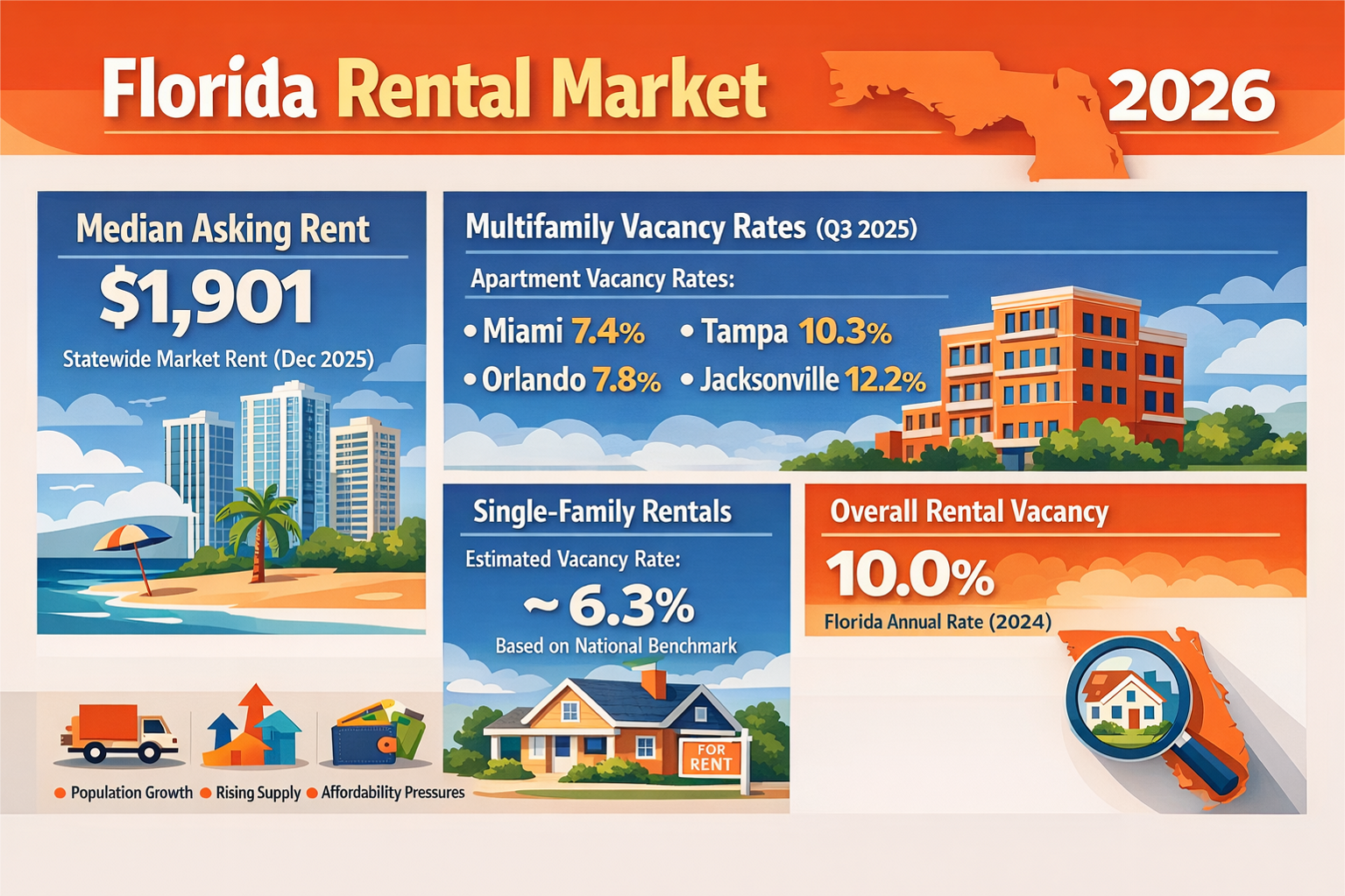
Fair-Housing Mythbusters:
ESA Denial, from Apartments to Dorms
By John Triplett, Fair Housing Institute
A misconception many housing providers face is the belief that certain (Emotional Support Animal - ESA) situations justify denying an ESA request and most of these scenarios are rooted in myth rather than law.
Emotional support animals (ESAs) remain one of the most misunderstood areas of fair-housing compliance.
While property managers and housing providers often encounter resident concerns about animals, the Fair Housing Act sets clear boundaries. When a resident or student has a verified disability and a legitimate need for an ESA, housing providers must make reasonable accommodations.
This applies across the board, whether the setting is a college dormitory or a multifamily apartment complex.
The biggest misconception many housing providers face is the belief that certain situations justify denying an ESA request. In reality, most of these scenarios are rooted in myth rather than law.
Myth 1: Certain Breeds Can Be Banned
One of the most common concerns surrounds specific dog breeds, particularly pit bulls. Community fears often lead housing providers to believe they can deny an ESA based on breed restrictions.
However, the Fair Housing Act does not allow this.
What providers can and should do is ensure they carry adequate liability insurance that covers any potential incident involving animals on their property. What they cannot do is shift that responsibility onto the resident or deny an ESA solely because of breed.
Myth 2: College Housing Is Exempt
Another frequent misconception is that ESAs do not apply to college or university housing. Because dormitories operate differently from standard rental housing, some providers assume they are exempt from ESA requirements.
In truth, student housing falls under the same legal framework as other housing providers. If a student presents proper documentation verifying a disability and the need for an ESA, the institution must accommodate them. Denial based on housing type is a clear violation of the Fair Housing Act.
Myth 3: ESAs Must Be Hypoallergenic
Concerns about allergies often surface when an ESA request is made. Some housing providers may think they can deny an animal because it is not hypoallergenic.
Generally, this is not a valid reason for denial. Only in rare cases, such as communal living arrangements where another resident’s medical needs are directly at stake, might this factor be considered. Even then, careful evaluation is required to ensure compliance with fair-housing standards.
Myth 4: Multiple ESAs Are Not Allowed
Another area of confusion is the number of ESAs a resident is allowed to have. Some providers believe there is a limit, or that multiple animals are automatically unreasonable.
The truth is that each request must be evaluated on an individual basis.
If a resident can demonstrate medical documentation supporting the need for more than one animal, the request should be processed accordingly. Past acceptance of the animals or long-term residency also plays a role in evaluating the request fairly.
Myth 5: Late Disclosure Justifies Denial
A final misconception arises when residents disclose their ESA needs after moving in or after being approved for housing. Providers sometimes view this as dishonest and believe they can deny the request.
While late disclosure is not ideal, it does not invalidate the resident’s rights.
Housing providers must still process the request through the reasonable-accommodation process. Maintaining professionalism and consistency is essential in these situations to avoid the appearance of retaliation or discrimination.
Building Confidence Through Compliance
The key to addressing ESA-related concerns is not to rely on assumptions but to return to the principles of fair-housing law.
Denials based on myths or misunderstandings can quickly escalate into complaints or legal action.
For example, some residents may purchase ESA letters online to back up requests tied to these myths, such as breed restrictions, hypoallergenic requirements, or multiple animals. These letters can be misleading, and they often complicate the verification process for housing providers.
The best way forward is through training, consistency, and careful evaluation of each request.
By separating fact from fiction and staying alert to new challenges like online ESA letters, housing providers can protect themselves from costly mistakes while fostering trust and fairness in their communities.
Compliance is not just about following the law; it’s about creating housing environments where residents feel supported and respected.































